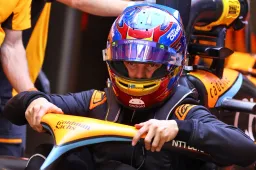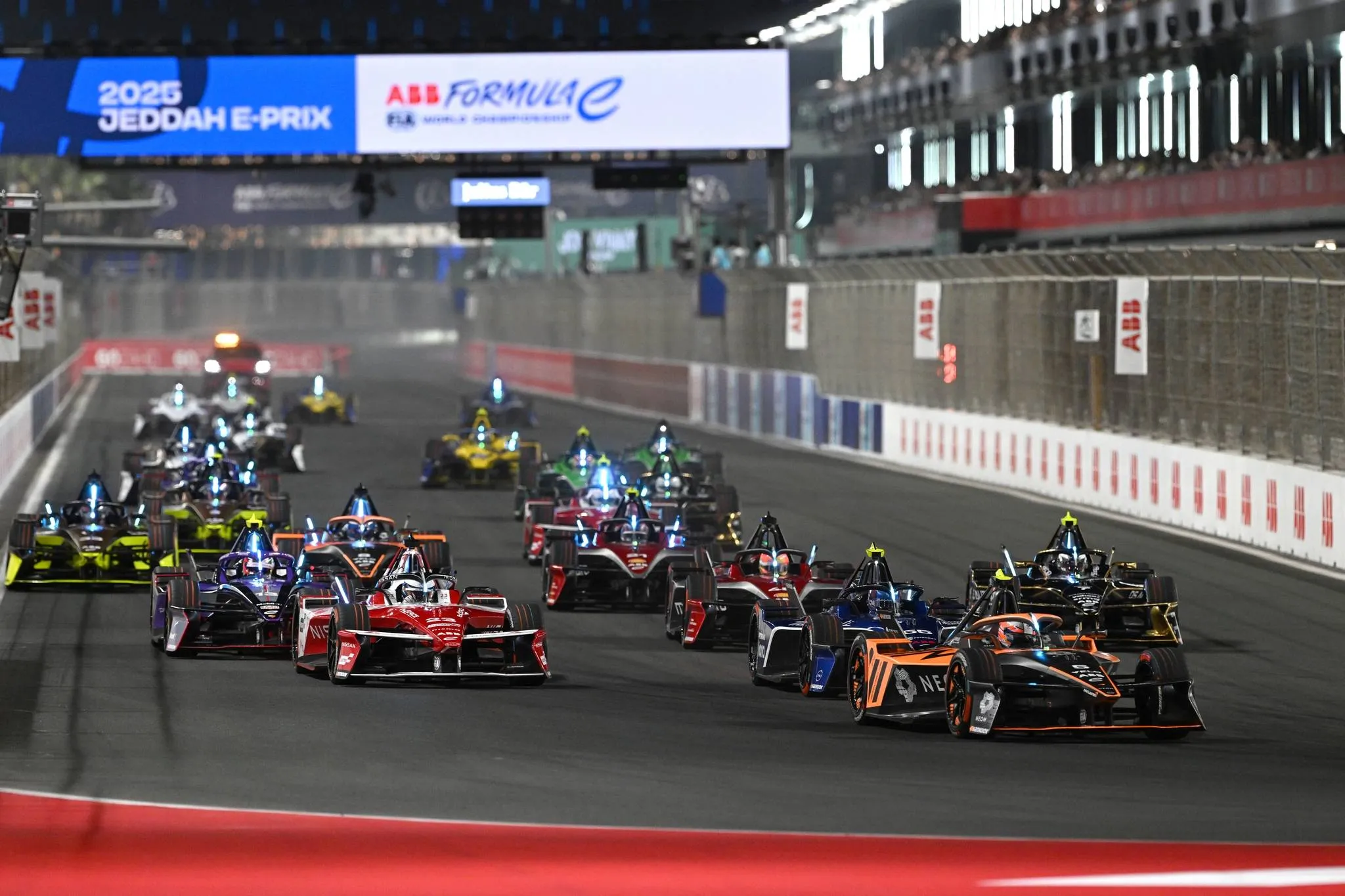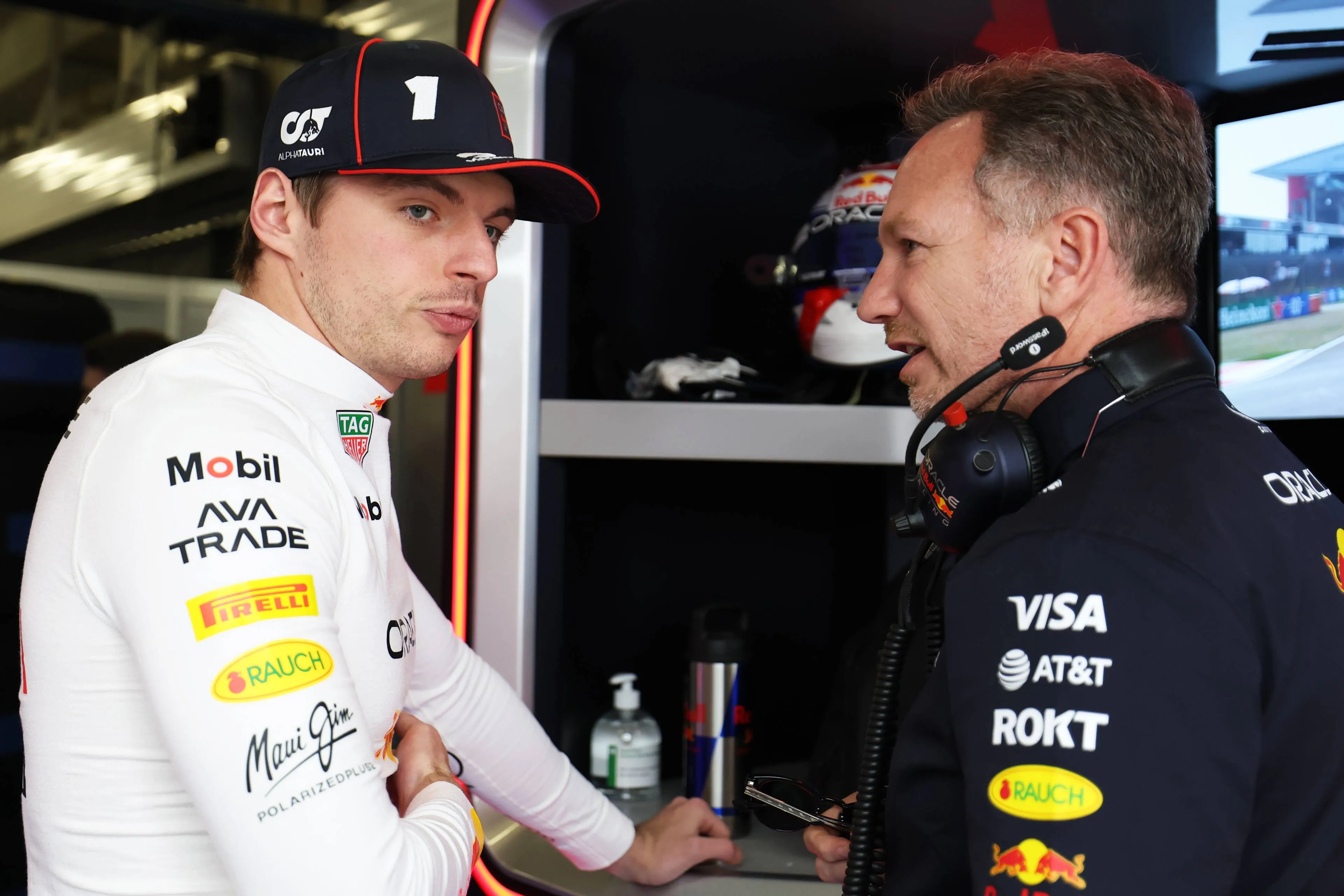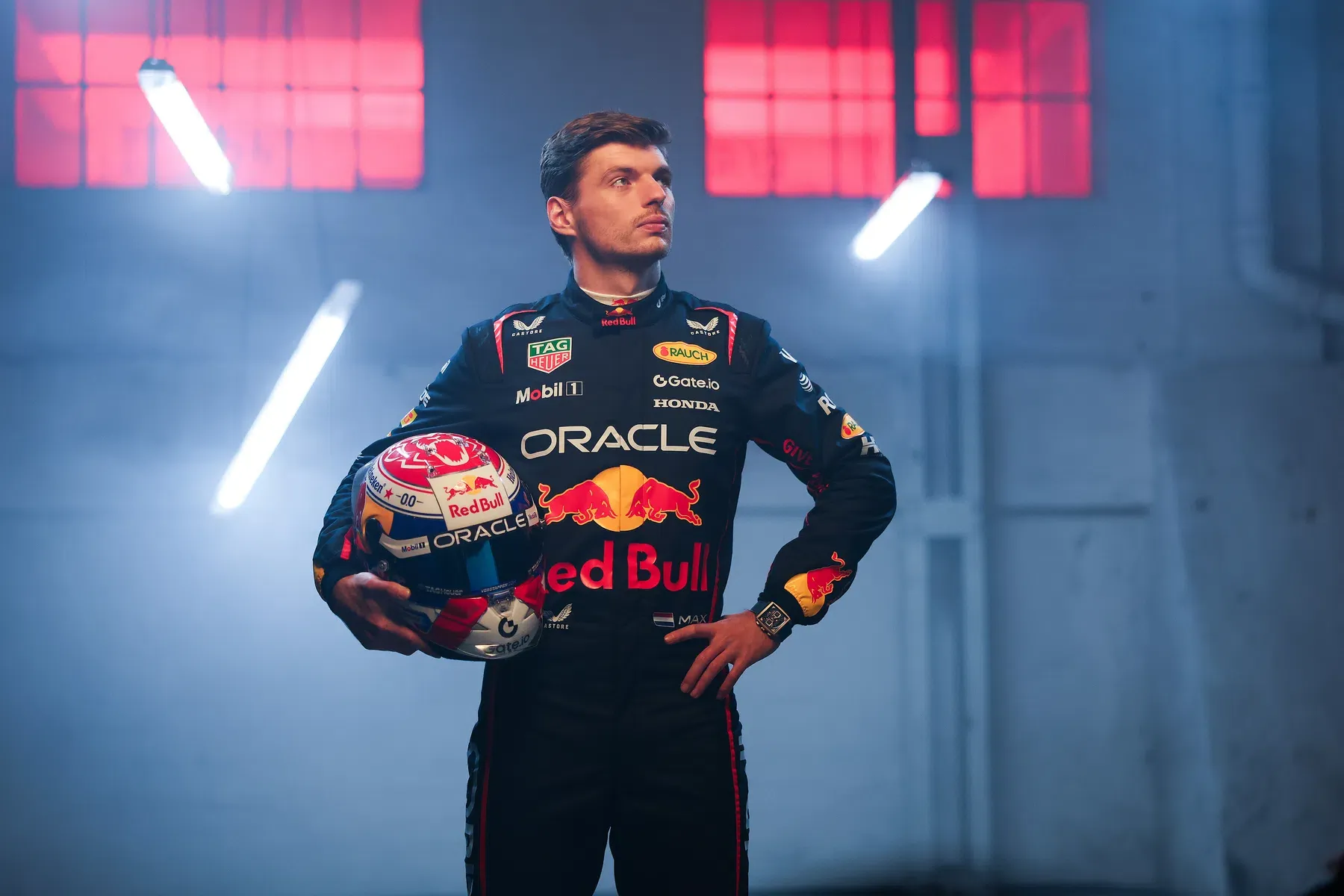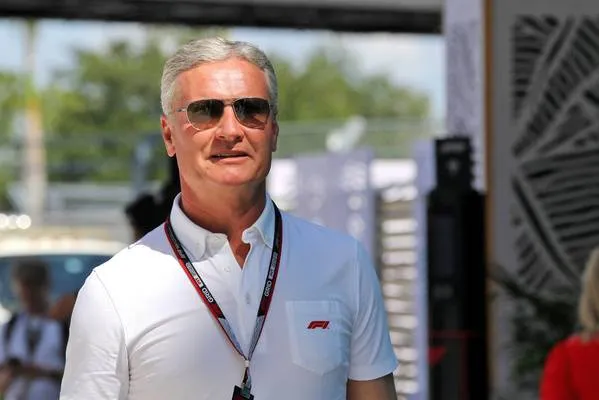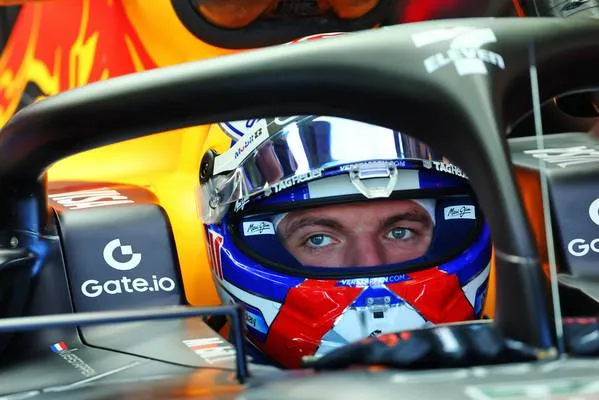Formula E team boss Sylvain Filippi's words were slightly off the mark. Contrary to what the Frenchman would have us believe, the fourth generation of Formula E cars, to be introduced in 2027, will not surpass Formula 1. Nevertheless, F1 does need to be careful, as there is a real chance that electric cars will indeed dominate motorsport at a later date.
Sometimes people make fun of Formula E. Or they don't go that fast. There is a lot to improve about the electric class, which has now entered its tenth season. But what progress has been made in the past decade? Think back to the very first Formula E cars and then to the current generation; the evolution is enormous. Where in the early years it was necessary to change cars during a race - because the battery would last 45 minutes of racing - it is now possible to complete the race without a change.
Why Formula E is not as fast as Formula 1
Yes, Formula E cars do not reach the speeds that Formula 1 cars do, although they can travel at 320 kilometres per hour. There are several reasons for this: first, the cars do not run on slicks but use Hankook tyres, which are similar to "normal" car tyres. This was a conscious decision from an environmental point of view. Moreover, Formula E is mostly a guest on street circuits, which tend to have lower average speeds than 'normal' circuits.
Managing the energy to get through a 45-minute race is necessary because the batteries used are still a significant pain point. Technology is simply not yet at the point where FE cars can be driven at full speed for an hour and a half to two hours. It will be possible eventually. Very soon, probably. Looking at this way, Formula E could certainly become a rival to Formula 1.
Domenicali doesn't believe in it
Formula 1's CEO Stefano Domenicali hinted sometime last year that the sport will never become all-electric and F1 will always run with internal combustion engines. For purists, that was music to their ears. Yet this is a promise the Italian cannot make. The chances of Formula 1 becoming electric at some point are still plausible. After all, new consumer cars in the European Union must be emission-free by 2035 and cleaner by 2030. That means most of the global fleet will consist of electric vehicles. A lot of car manufacturers are already making the switch.
Formula 1 has always been of interest to manufacturers for a number of reasons. First, F1 provides an excellent marketing platform for a car brand. In addition, manufacturers see the sport as a testing ground for consumer transport. That is precisely where the crux may come in five or 10 years: a manufacturer like Mercedes will have only electric cars in their range from 2030, so what is the point of investing hundreds of millions in an internal combustion engine for Formula 1? The technologies developed for that can no longer be used for street cars.
Filippi certainly has a point
So Filippi does have a point: there may come a time when manufacturers want to make motorsport activities more closely aligned with what is being done for consumers, and right now Formula E is then the most obvious series to get into. It is a risk that Formula 1 is no doubt aware of and thinking about. So, could we see the likes of Verstappen in an electric Red Bull? Or Leclerc in an electric Ferrari? Possibly.
Read more about:
Popular on GPBlog

1
Herbert criticises "unprofessional and disrespectful" Verstappen on the Jeddah podium
1208 times read

2
Herbert in controversy due to promoting illegal gambling sites in the Netherlands
594 times read
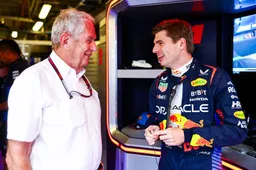
3
Marko intrigued to see if Piastri can "maintain this level of performance throughout the season"
582 times read

4
Schumacher sees Hamilton struggle: 'Might stop already after 2025'
494 times read


